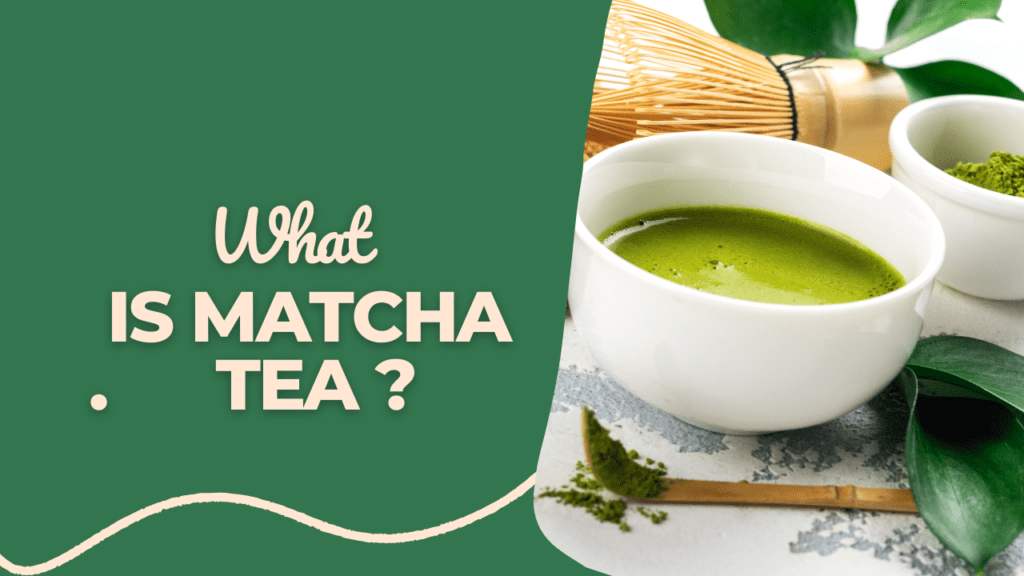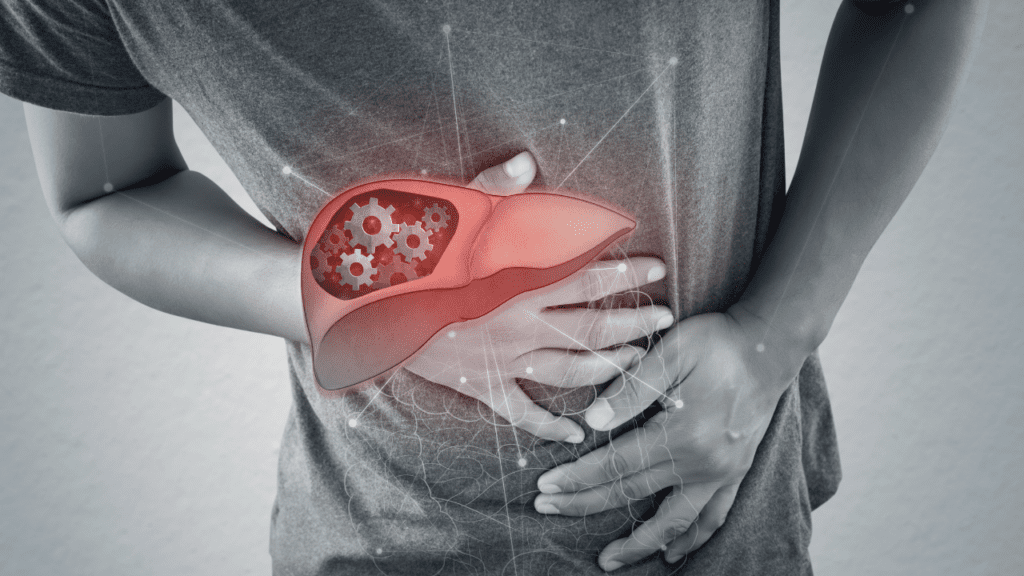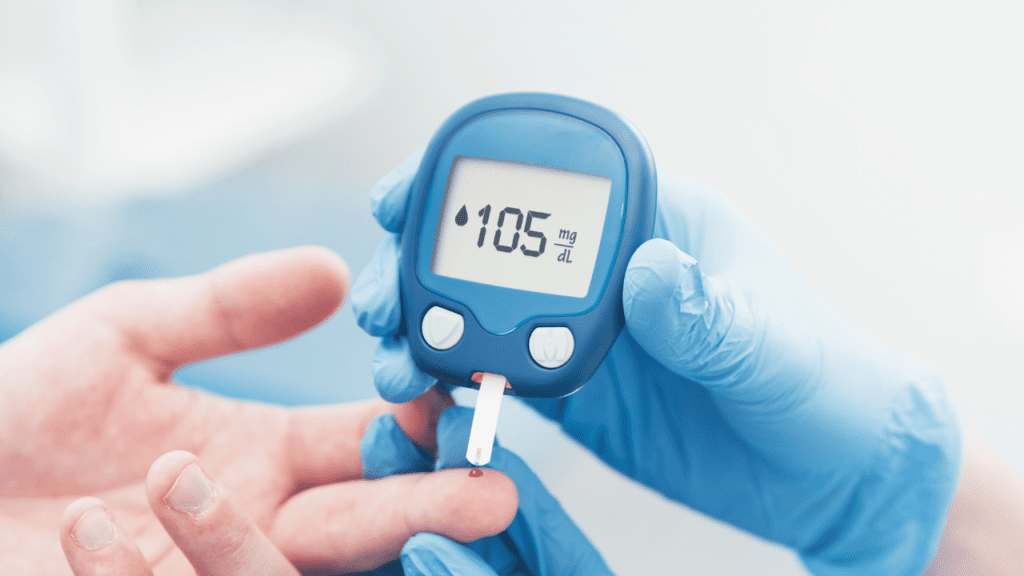While You are Pregnant!!
OF COURSE!
If you are a woman,!
So, you also know this is the best time for excitement and anticipation, and a lot of questions!
And if you are a tea lover!!
THEN,
You may also be wondering if matcha is safe to consume during pregnancy or not!!
Because matcha tea contains caffeine, it can cross the mother’s placenta and enter the baby’s bloodstream.
AND
If you are a LITTLE WORRIED about not finding a proper answer to your questions!!
Then, don’t worry!
Because in this detailed article, we are going to share what matcha tea is, what the health benefits of it are, and whether you can drink matcha tea during pregnancy. and many questions about it.
What is Matcha Tea? Is It Good for Your Health?

As we know,
A few years ago, matcha became widely available, appearing in lattes, ice cream, smoothies, frosting, and other products.
If you are unfamiliar with Matcha, it is a Japanese green tea powder prepared from the Camellia sinensis plant with finely ground dried tea leaves.
For the majority of their growth, farmers shade their plants, which increases the amount of chlorophyll and amino acids in the plants and gives them a vivid green color.
It has been a cornerstone of traditional Japanese tea ceremonies for decades, but it has recently gained popularity in the United States due to its health advantages
Fact
According to the report, the Matcha Tea Market was valued at US $1721 million in 2022 and is projected to reach US $2250 million by 2030, growing at a CAGR of 5.5% during the forecast period of 2023–2030.
How to Prepare Matcha Tea at Home: Easy Steps

The most advantageous thing about matcha is that it’s loaded with health advantages.
If you want to know how to prepare it at home, then let’s move it!!
Although some people may find matcha too strong for their particular palates, I myself adore its grassy and sweet flavor.
You may easily dilute the matcha flavor in this tea by adding a small amount of sweetness.
If you like to drink matcha tea too strongly, then this easy recipe will also help you.
1.INGREDIENTS:
- One-half teaspoon of matcha.
- Add two ounces of hot water, ideally at 175°F.
- One-half teaspoon of matcha. Two ounces of hot water (ideally at 175°F).
- Six ounces of extra hot water or your preferred steaming milk (almond, oat, coconut, dairy, etc.).
- Use honey, maple syrup, or another sweetener, if desired.
2.EQUIPMENTS:
- I use a bamboo whisk to ensure there are no matcha lumps.
- Small bowl (the best ones are the stoneware ones).
- Fine-mesh strainer (used to remove chunks).
3.INSTRUCTIONS:
- Sift the matcha into a mug or small basin to remove any lumps.
- Pour in the two ounces of boiling water.
- Using a matcha whisk or a tiny ordinary whisk, whisk briskly from side to side until the matcha is evenly distributed and there is a foamy layer on top.
- Add the remaining 6 ounces of boiling water or steamed milk and stir until frothy.
- Sweeten to taste, if desired.
Matcha tea is a potent antioxidant and detoxifier that can help you feel calmer and more energized all day.
How Much Caffeine Is in Matcha Tea?
Minerals and vitamins are few in matcha. However, the antioxidants and caffeine in it may improve cognitive function and lower your chance of developing certain illnesses.
This amazing tea also contains nutrients like:
| Nutrients | Quantity |
|---|---|
| Catechins | 1g/half teaspoon |
| Theanine | 1g/half teaspoon |
| Polyphenols | 1g/half teaspoon |
| Quercetin | 1g/half teaspoon |
| Rutin | 1g/half teaspoon |
| Chlorophyll | 1g/half teaspoon |
Additionally, this tea has minerals and vitamins such as,
| Vitamins and Minerals | Quantity |
|---|---|
| Calories | 3 g |
| Protein | 1 g |
| Carbohydrates | 0 g |
| Fiber | 1 g |
| Fat | 0 g |
| Sugar | 0 g |
Matcha tea also contains less caffeine, varying from 20 to 90 milligrams per serving.
Know More!
PORTION SIZE:
Typically, matcha is added to baked items or used to make tea. On the other hand, matcha has few calories and is sugary by itself.
The Top 5 Key Benefits of Matcha Tea for Your Healthy Body

When compared to other forms of green tea, matcha tea contains larger amounts of minerals like fiber, caffeine, and vitamins.
In addition to its decreased caffeine concentration, matcha has a variety of other health benefits for pregnant women.
Here are some of the benefits of consuming matcha tea during pregnancy:
1.High antioxidants:
Matcha is high in catechins, a type of plant ingredient in tea that acts as a natural antioxidant.
Antioxidants help to stabilize dangerous free radicals, which are substances that can deteriorate cells and cause long-term illness. Matcha is shade-grown.
According to the report, compared to other varieties of green tea, there is less catechin present when the leaves are picked. Nevertheless, it creates three times as much when dissolved in water.
Fact
According to one study, feeding matcha supplementation to mice increased antioxidant activity and decreased damage from free radicals.
By adding matcha to your diet, you may improve your intake of antioxidants, which may help shield cells from harm and reduce your chance of developing a number of chronic illnesses.
And these antioxidants also reduce cell damage and prevent chronic disease.
2. Protect Your Liver:

Because it is involved in drug metabolism, nutritional digestion, and toxin clearance, the liver is vital to health.
According to certain research, matcha may help shield your liver from harm.
According to a 2015 evaluation of 15 studies, drinking green tea was linked to a lower risk of liver illness.
In 2020, however, a few specialists pointed out that although matcha may lower liver enzymes in those with nonalcoholic fatty liver disease (NAFLD), it may raise liver enzymes in those without the condition.
Since the majority of research is restricted to studies looking at the effects of green tea extract on animals,more investigation is required to look at matcha’s impacts on the general public.
3. Stress-Relieving:

Matcha tea also helps to reduce stress; it is very effective for stress-relieving during pregnancy.
The amino acid L-theanine may help the neurological system. From a soothing standpoint, it increases levels of the neurotransmitter GABA, which soothes and relaxes the mind.
Note
However, the effectiveness of your cup of matcha is determined by the validity of its origin and the critical process of shading during the developing stage, which raises L-theanine concentrations.
4. Balancing Blood Sugar:

Matcha tea also helps balance your blood sugar levels and improves your baby’s health when you are pregnant.
According to studies, green tea, particularly matcha, may boost our ability to respond to the blood sugar hormone insulin.
As a result, it may improve our ability to regulate blood glucose levels.
5. Heart Health:

Matcha contains chemicals comparable to those found in green tea, which has been demonstrated to reduce the risk of cardiovascular disease when compared to coffee.
Matcha and green tea include catechins, which may reduce oxidative stress (an imbalance in the body’s free radicals and antioxidants) and prevent inflammation.
They’re also beneficial to your heart and may reduce your chances of atherosclerosis (artery hardening), high blood pressure, and heart disease.
BONUS TIPS
HELP TO LOOSE WEIGHT:
Matcha is frequently included in weight loss supplements due to its well-known potential to facilitate weight loss.
A 2020 evaluation found that ingesting up to 500 mg of green tea daily for 12 weeks, together with dietary changes and exercise, may lower the body mass index.
While matcha tea has been the subject of most research, matcha is derived from the same plant and has comparable chemicals.
Can You Drink Matcha Tea During Pregnancy? Is It Safe for Your Baby’s Health?

Research says matcha is safe to consume in moderation while pregnant.
But it’s crucial to remember that matcha does include caffeine, which might alter the baby’s breathing and heart rate by crossing the placenta.
According to research, babies exposed to excessive amounts of caffeine during pregnancy may be more likely to be born prematurely, underweight, or with birth abnormalities.
The risk of miscarriage or stillbirth may also rise with high caffeine use during pregnancy.
When expectant mothers limit their daily caffeine intake to no more than 300 mg, these risks appear to be negligible.
Note
For instance,research suggests that this small proportion of women may have a 2.4 times higher risk of miscarriage when consuming 100–300 mg of caffeine per day.
In conclusion, matcha can be a healthy and balanced part of a pregnant woman’s diet when consumed in moderation.
However, to avoid taking too much caffeine per day.
FAQs About Matcha Tea During Pregnancy
Q1. Can I drink matcha tea while pregnant in the in the second trimester?
Yes, you can drink matcha tea in your pregnancy’s second trimester.
There is some controversy regarding whether this should be used throughout pregnancy or only in the second and third trimesters.
Thus, many health care experts advise against using it after the first trimester.
Q2. Is it safe to consume caffeine during pregnancy?
Although caffeine is typically safe to consume while pregnant, it is advised to keep your daily intake to no more than 200 mg.
Overindulging in coffee can raise the chance of miscarriage, low birth weight, and premature delivery, among other pregnant concerns.
Q3. Is it safe to consume matcha lattes during pregnancy?
Yes, matcha lattes are okay to drink while pregnant, but watch how much caffeine you consume overall, and be mindful of the extra calories and sugar that the milk and sweeteners in the latte may contain.
Q4. Can drinking matcha help with morning sickness?
Although there isn’t any scientific proof linking matcha tea to the prevention of morning sickness, some women may feel that the comforting taste and warmth of matcha tea help reduce nausea.
Conclusion
A traditional medicinal beverage, matcha, is gaining popularity globally these days. Matcha is a fantastic substitute for coffee for expectant mothers.
It still gives you an energy and focus boost, even with less caffeine. In addition, matcha is a strong source of L-theanine, an antioxidant.
Matcha is a fantastic alternative if you’re expecting and want to enjoy a tasty, healthy beverage.
Remember to also be careful during pregnancy and consult your doctor. If this article has given you value, then share this post with your friends.

